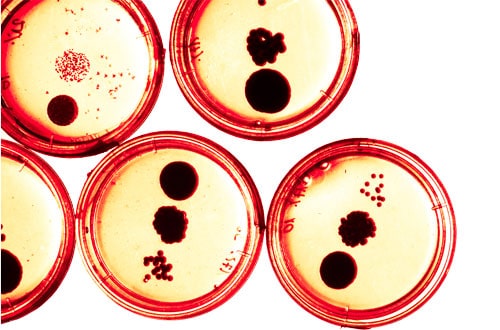
The National Institute for Health and Care Excellence (NICE) said it has ‘seen promise’ in four tests for diagnosing urinary tract infections (UTIs) that could help in the fight against antimicrobial resistance (AMR).
AMR develops when bacteria, viruses, fungi and parasites change and adapt to antibiotics over time, making them more resistant to drug treatments. As a result, infections become harder to treat and the risk of severe illness and death increases.
One of the main drivers of AMR, which is reported by the World Health Organization as one of the top ten threats to global health, is the misuse and overuse of antibiotics.
UTIs are currently diagnosed using a combination of clinical symptoms and tests. Dipstick tests are sometimes used as an initial test at the point of care, but they may not be accurate.
Laboratory-based tests are typically done to find out which, if any, bacteria are present and which antibiotic is the most suitable.
This process can take up to 72 hours, with NICE reporting that a suspected UTI is often initially treated with broad spectrum antibiotics before the lab results are back. These may have side effects, can be less effective than targeted antibiotics, and can increase the risk of AMR developing.
“There is a need for new tests that can accurately identify whether an infection is present,” said Mark Chapman, interim director of medical technology and digital evaluation at NICE. “Our early value assessment project has identified that these four tests could help meet that need.”
The tests’ developers say they can identify the presence of bacteria in a urine sample in less than 40 minutes. One test can identify the strain of bacterial infection present within minutes, and another test can show which antibiotics are most appropriate to treat the infection.
“One of the most exciting aspects of these technologies could be their ability to maximise the use of antibiotics where most effective. We know that reducing AMR is a top priority for healthcare systems around the globe and NICE has a part to play in this mission,” Chapman added.
NICE is now calling for further research to establish the accuracy of the tests and how much they affect decisions about antibiotic prescribing.
If the tests are shown to be beneficial when used in practice, the organisation said they could be considered for conditional roll-out for use in the NHS while further evidence on their clinical and cost-effectiveness is generated.




